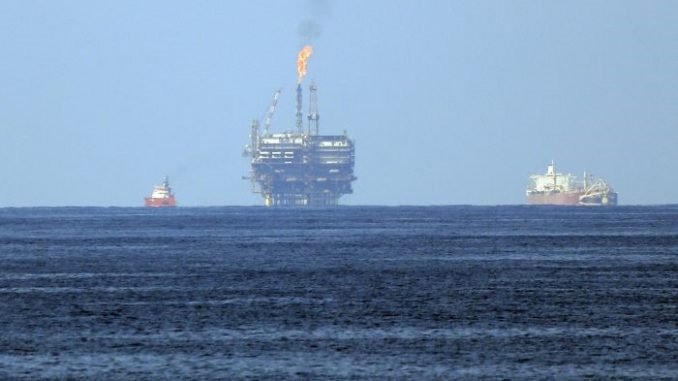
Israel has reportedly closed an extensive deal with Greece, Italy, and Cyprus to supply natural gas via a 2,000 kilometer (1200 miles) underwater pipeline in a five-year long construction that is estimated to cost nearly eight billion dollars, according to local media.
The monumental project will be the longest and deepest underwater gas pipeline in the world and the European Union has already invested $100 million in a feasibility study for its construction, according to Israeli TV news channel Hadashot.
Israel has limited natural resources but in the past few years it has discovered major gas fields off its coast and is building the infrastructure needed to tap them.
Israel hopes its gas reserves will give the country energy independence and that becoming a supplier to Europe will forge strategic ties within the region. According to Hadashot‘s report, both Israel and Cyprus will receive priority in gas exports to Europe.
Energy Minister Yuval Steinitz also told Hadashot that it could also temper Arab influence in Europe.
“For decades, we have complained about the Arab influence in Europe due to oil and gas. The export of gas to Europe will moderate this influence to a certain extent and be a counterweight to Arab power,” he said.
Encouraged by the discovery of the Mediterranean gas fields, Cairo has in recent months signed deals with Israel, Cyprus and Greece as well.
Former Egyptian oil minister Osama Kamal said Egypt has a “plan to become a regional energy hub.”
In February, Egypt, the only Arab state apart from Jordan to have a peace deal with Israel, inked an agreement to import gas from the Jewish state’s Tamar and Leviathan reservoirs.
A US-Israeli consortium leading the development of Israel’s offshore gas reserves in September announced it would buy part of a disused pipeline connecting the Israeli coastal city of Ashkelon with the northern Sinai peninsula.
Israel had bought gas from Egypt but land sections of the pipeline were repeatedly targeted by Sinai jihadists in 2011 and 2012, and soaring demand meant Egypt could use the gas domestically.



